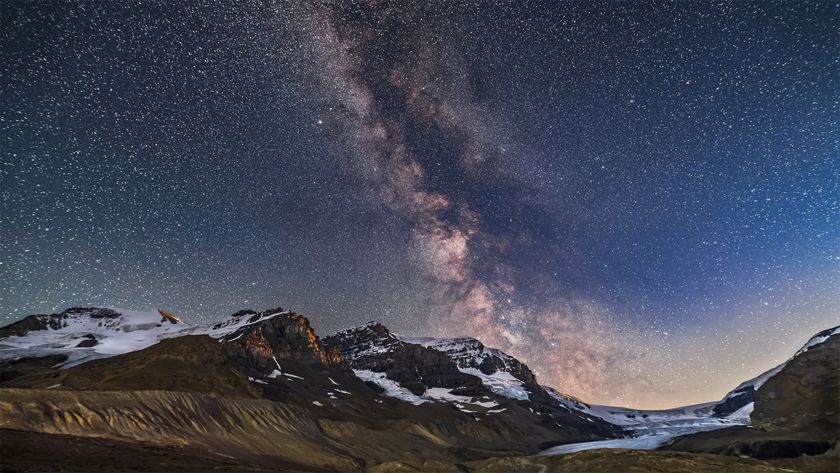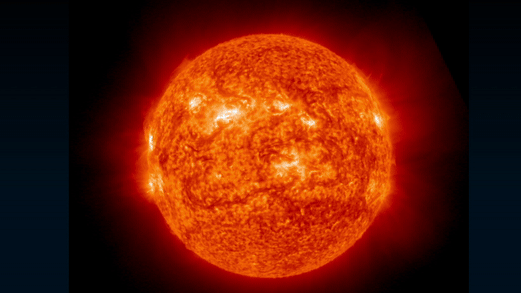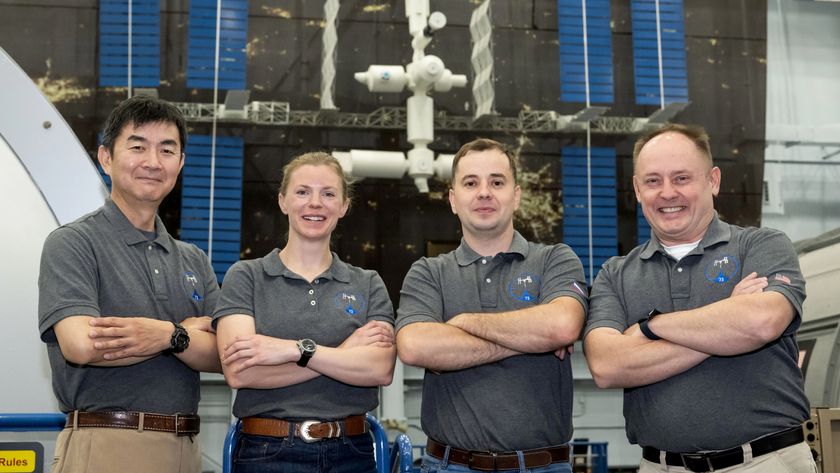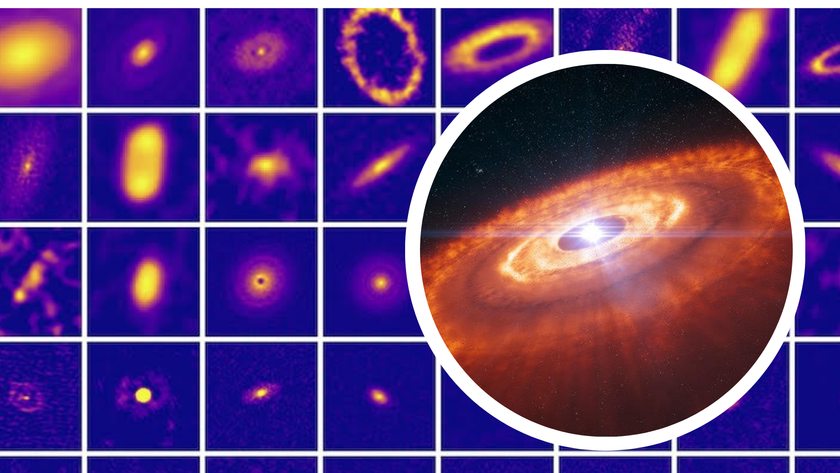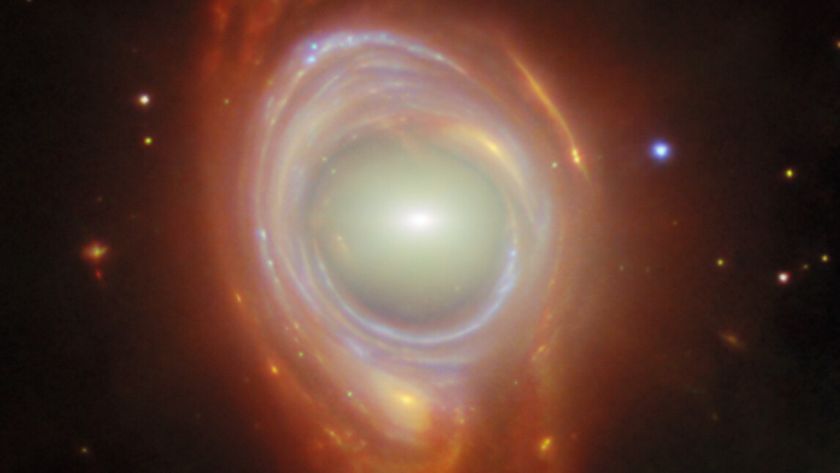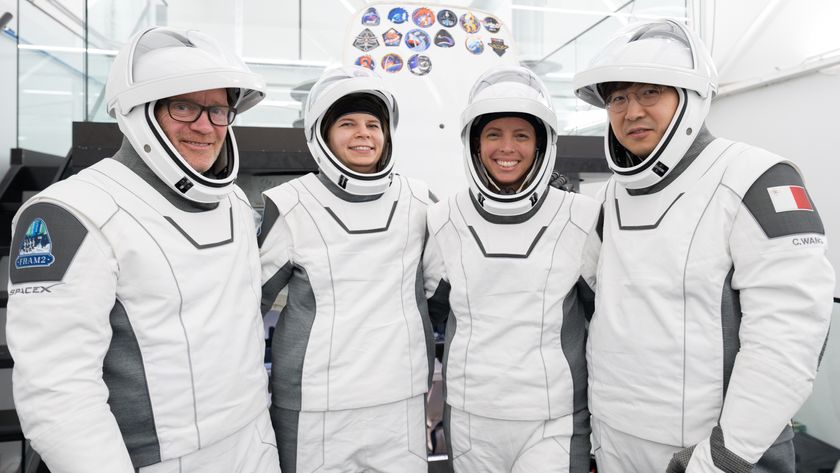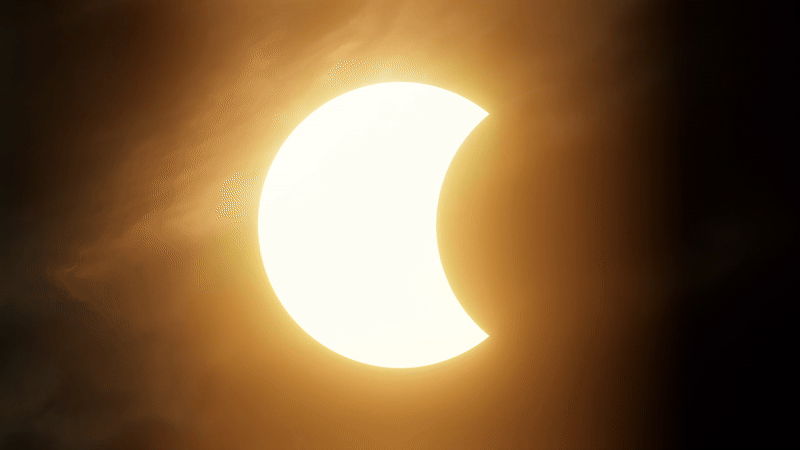Missing This Year's Great Eclipse? Don't Worry, There's Another in 2024
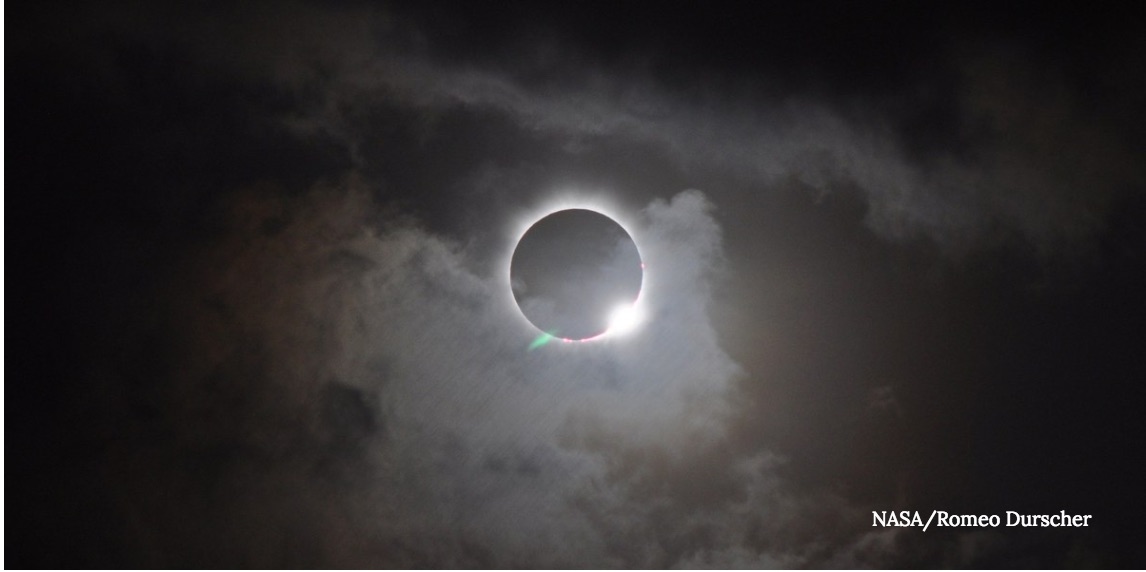
A major solar eclipse will sweep across the United States this year, but if you don't live near the path of totality you're running out of time to book hotel rooms and flights. Reports on social media indicate that some of the best locations, such as Oregon, are just about impossible to book for the Aug. 21 event.
So perhaps you're too late for this year. But don't despair, Tyler Nordgren told Seeker. If you can wait seven years, there's another chance to catch a total solar eclipse from the continental United States.
This one will go in a very different direction, though. While 2017's eclipse will move across states between Oregon and North Carolina, the 2024 eclipse will move from Mexico, across Texas, and then sweeping through parts of Oklahoma, Arkansas, Missouri, Kentucky, Mississippi, Missouri, Illinois, Indiana, Ohio, Pennsylvania, New York State, Virginia and Maine. Parts of Canada will also see the full eclipse.
RELATED: This Is How YOU Can Do Science During the Great American Eclipse
"All the excitement of 2017 will, I believe, make everyone say 2024 — I cannot miss 2024," said Nordgren, an astronomer at the University of Redlands, Calif., who has seen five solar eclipses and plans to catch the 2017 one in Oregon. "So if you miss 2017, the excitement will make you see it in 2024."
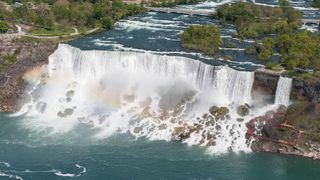
If the weather holds out — bearing in mind that upper New York State is iffy in April — one of the most spectacular spots to catch the eclipse could be right at Niagara Falls, Nordgren said. Canadians would also be able to see the eclipse from their side of the border, providing some potentially amazing views as the shadow passes across the three waterfalls on both sides of the border.
Large cities getting a prime view include San Antonio, Austin, Dallas, Indianapolis, Cleveland, Buffalo, Rochester, and Montreal (in Canada). Several other large cities are within an easy drive of the eclipse, such as Houston, Oklahoma City, St. Louis, Cinncinnati, Columbus, Detroit, and Canada's Toronto and Ottawa.
Get the Space.com Newsletter
Breaking space news, the latest updates on rocket launches, skywatching events and more!
RELATED: 'Great American Total Solar Eclipse' Just 1 Year Away
But Nordgren urges people, if you can, to go see the 2017 eclipse as well. Every person in the United States will have at least a partial view of the eclipse, so it's an opportunity to experience something together.
"I suspect this is going to be the greatest shared experience that this generation is ever going to have," Nordgren said. "Unlike other shared experiences, maybe we have to go all the way back to the moon landing [in 1969], this will be a joyful shared experience."
WATCH VIDEO: Why Does The Sun Always Look So Cool?
Originally published on Seeker.
Join our Space Forums to keep talking space on the latest missions, night sky and more! And if you have a news tip, correction or comment, let us know at: community@space.com.

Elizabeth Howell (she/her), Ph.D., was a staff writer in the spaceflight channel between 2022 and 2024 specializing in Canadian space news. She was contributing writer for Space.com for 10 years from 2012 to 2024. Elizabeth's reporting includes multiple exclusives with the White House, leading world coverage about a lost-and-found space tomato on the International Space Station, witnessing five human spaceflight launches on two continents, flying parabolic, working inside a spacesuit, and participating in a simulated Mars mission. Her latest book, "Why Am I Taller?" (ECW Press, 2022) is co-written with astronaut Dave Williams.

